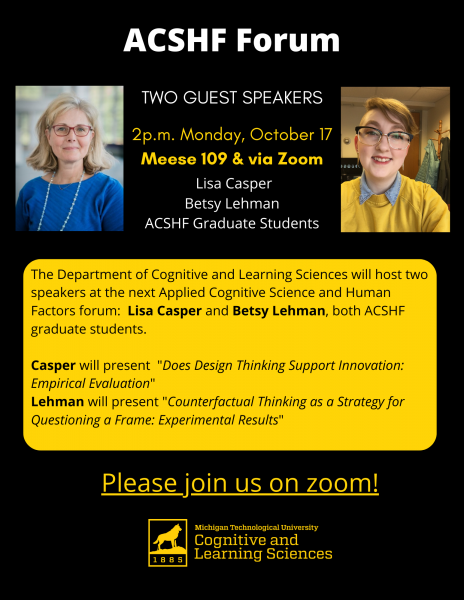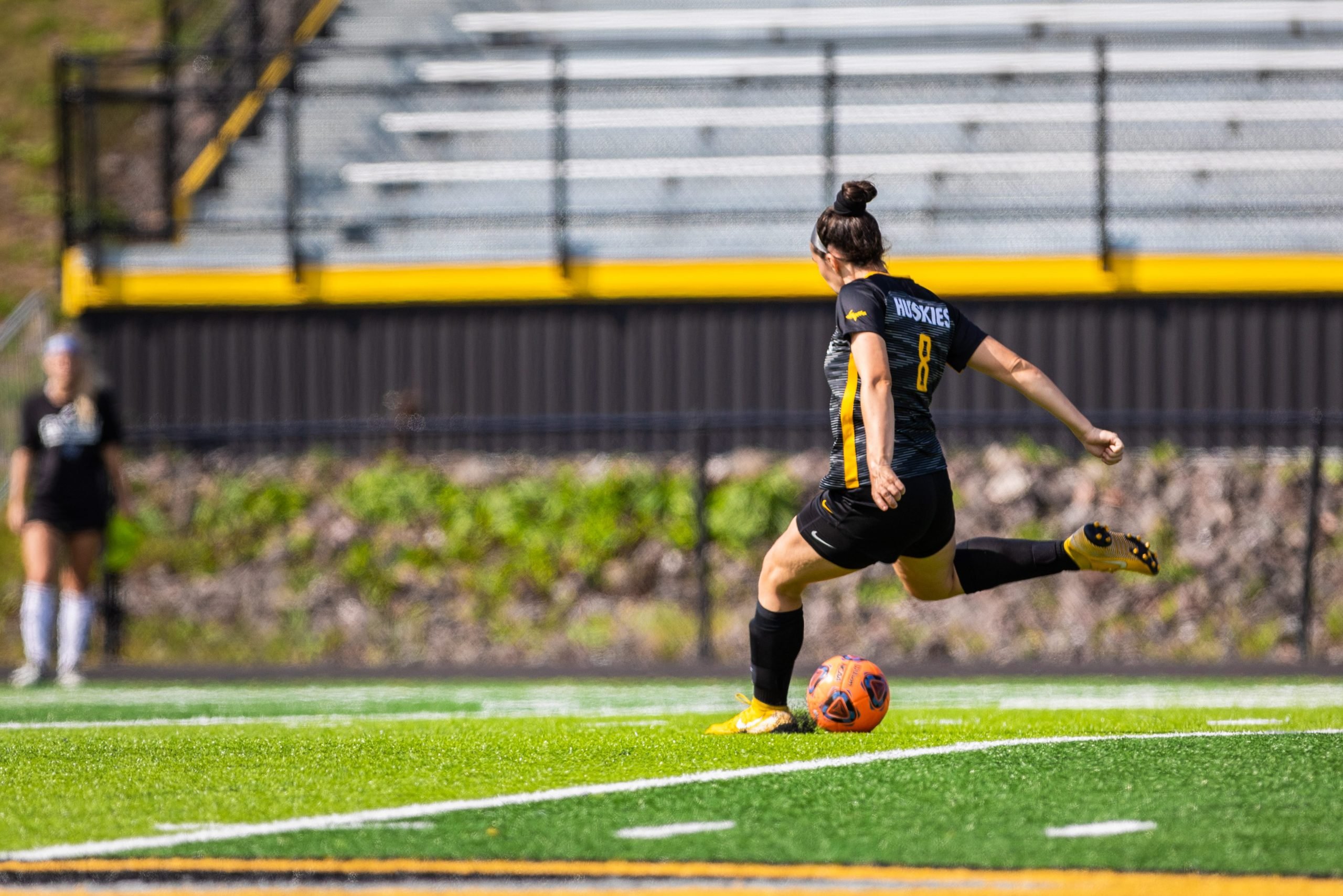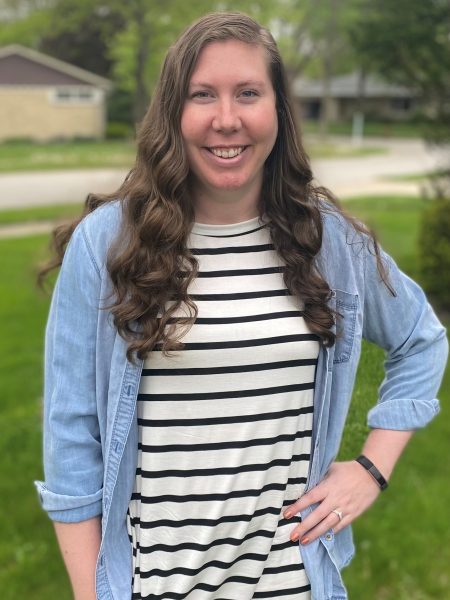The Department of Cognitive and Learning Sciences will host ACSHF students Lisa Casper and Betsy Lehman at the next Applied Cognitive Science and Human Factors forum Monday (October 17) from 2:00pm to 3:00pm in Meese 109 and via Zoom.
Lisa Casper will present her research titled “Does Design Thinking Support Innovation: Empirical Evaluation”
Abstract: Design thinking (DT) is a tool to support team innovation however, few empirical studies have examined it. In this study, we experimentally compared the effect of two approaches for DT ideate brainstorming on the number of ideas generated and the perceived innovativeness of those ideas. As part of a semester-long DT project, 145 participants comprising 48 teams were challenged to develop an innovative solution for one of 17 United Nations sustainability goals (https://sdgs.un.org/goals). Half of the teams engaged in a standard DT brainstorming ideation process, while the other half participated in an experimental brainstorming condition. Participants generated ideas and provided subjective ratings of the process and their team’s solution. Ideas were content-coded on several dimensions by two independent raters. We found that teams in the DT experimental brainstorming techniques condition generated almost 58% more ideas than those in the DT baseline condition in the same amount of time, but their ideas were not rated as more innovative. What these data suggest for innovation and conducting research on innovation will be discussed.
Betsy Lehman will present her research titled Counterfactual Thinking as a Strategy for Questioning a Frame: Experimental Results ”
Abstract: Understanding how people make sense of situations and question the theories they hold may be critical in many circumstances, from communicating about climate change to improving DEI at work. Questioning a perspective is assumed to be a precursor to changing it (Klein et al., 2007), yet the research on the questioning process is limited. In a previous study, we found that factors involved in counterfactual thinking (Roese & Olson, 1995), mutability of the situation and ease of generating counterfactuals, appeared highly relevant in the sensemaking process. In the present experiment, we tested this effect by manipulating ease of generation and a mutability focus strategy. This research focuses on understanding the mechanisms of perspective shifting to support applications such as programs to reduce implicit bias.




